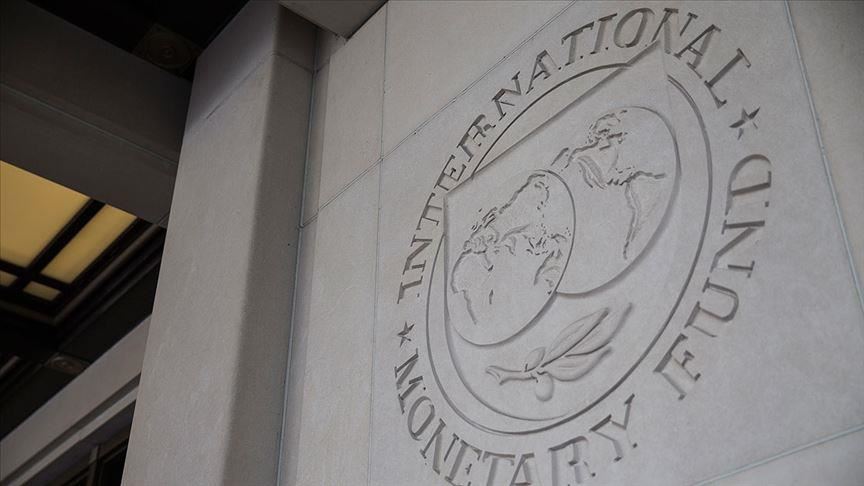IMF calls for addressing fragilities unmasked by virus
Near-term global financial stability risks contained for now, but vulnerabilities rising in nonfinancial corporate sector

ANKARA
Governments should focus on addressing fragilities unmasked by the coronavirus disease in their post-pandemic financial reform agendas of, the International Monetary Fund (IMF) said on Tuesday.
In its latest global financial stability report, the IMF called for strengthening the regulatory framework for the nonbank financial sector and stepping up prudential supervision to contain excessive risk taking in a lower-for-longer interest-rate environment.
"Policymakers should assess the effectiveness of prudential tools that are currently available and consider strengthening the prudential regulation as well as broadening the regulatory perimeter of nonbank financial institutions," the IMF suggested.
A more robust liquidity risk management framework should be adopted for investment funds in order to enhance the global financial system’s resilience, it added.
A broad set of tools to better manage redemptions as well as to identify related risks early is also need, the IMF noted.
Continued policy support remains critical
Although near-term global financial stability risks have been contained for now, it said, vulnerabilities are still rising in nonfinancial corporate sector, as firms have taken on more debt to cope with cash shortages, and in the sovereign sector as fiscal deficits have widened to support the economy.
"The prospects for recovery remain highly uncertain," the report underlined.
According to the report, both advanced and emerging market economies will suffer deep and broad-based declines, with more than 85% of countries around the world expected to see subzero growth this year.
"Small and medium-sized enterprises (SMEs) are more vulnerable than large firms with access to capital markets," it indicated.
The IMF warned that as the crisis unfolds, corporate liquidity pressures may morph into insolvencies, especially if the recovery is delayed.
The future path of defaults will be formed by the extent of continued policy support and the speed of the recovery, which may be uneven across sectors and countries, it noted.
"Accommodative monetary and financial conditions, credit availability, and targeted solvency support will be essential to sustaining the recovery," it highlighted.
According to the IMF's assessment, this will facilitate the necessary structural transformation and transition to a greener economy.
Anadolu Agency website contains only a portion of the news stories offered to subscribers in the AA News Broadcasting System (HAS), and in summarized form. Please contact us for subscription options.

